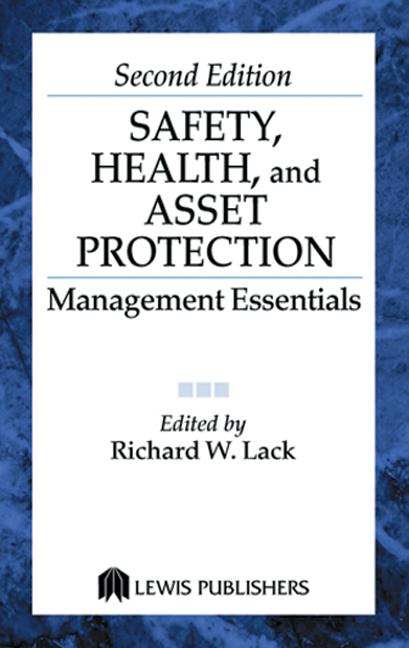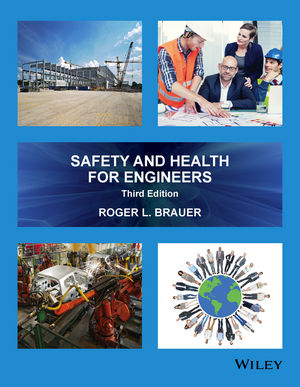 by Karl Sieber, Ph.D.
by Karl Sieber, Ph.D.
The most recent issue of CDC Vital Signs highlights a few of the safety risks faced by truck drivers. Truck drivers also face health risks that can affect their livelihood. Limited illness and injury data for long-haul truck drivers prompted the National Institute for Occupational Safety and Health (NIOSH) to conduct the National Survey of Long-Haul Truck Driver Health and Injury. Results were published in the American Journal of Industrial Medicine.
Long-haul truck drivers (LHTD) drive heavy and tractor-trailer trucks with freight delivery routes requiring them to sleep away from home most nights. In 2010, NIOSH researchers collected data from 1,670 long-haul truck drivers at 32 truck stops across the 48 contiguous United States. The survey asked questions about self-reported health conditions and health and safety risk factors.
The research revealed that over two-thirds of respondents were obese (69%), as defined by a body mass index (BMI) of 30 or higher, and 17% were morbidly obese (BMI of 40 or higher). In comparison, only one-third of U.S. working adults were reported to be obese and 7% morbidly obese. Obesity increases the chance for type 2 diabetes, sleep apnea, heart disease, cancer, joint and back pain, and stroke. These health conditions can disqualify a driver from receiving their commercial driver’s license and essentially take away their livelihood.
NIOSH developed an infographic to help explain these findings to truck drivers and provide helpful weight loss tips. We encourage the printing, posting and distribution of the infographic (click the link below to go to the infographic).
The survey also revealed that more than half of long-haul truck drivers were...Click here to read the rest of the blog post.





